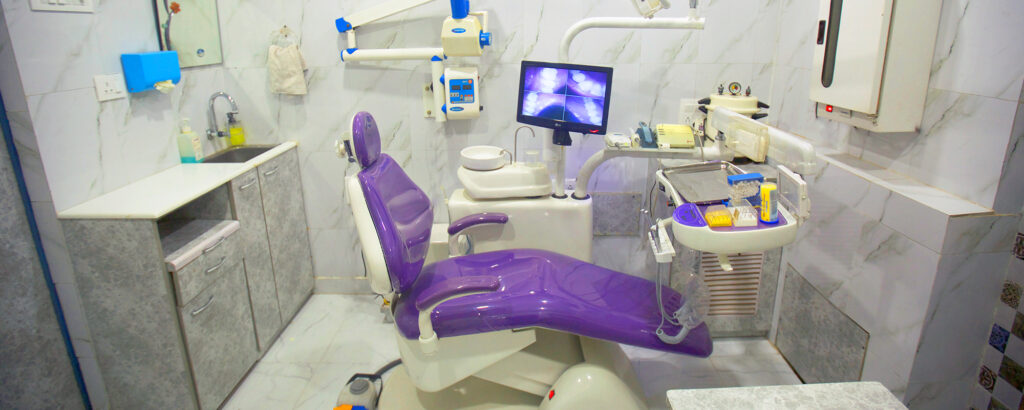
Visiting a dentist regularly is essential for maintaining good oral health, yet in India, many people only seek dental care when they experience severe pain or discomfort. At Sree Venkateswara Dental Clinics, serving patients since 1973, we have seen firsthand how early detection can prevent serious dental issues. Even if your teeth feel fine, certain signs should not be ignored.
1. Bleeding or Swollen Gums
Healthy gums should not bleed when you brush or floss. If you notice blood, it could be an early sign of gum disease (gingivitis or periodontitis), which, if left untreated, can lead to tooth loss.
2. Persistent Bad Breath (Halitosis)
Bad breath is often dismissed as a minor issue, but it can indicate bacteria buildup, cavities, gum disease, or even digestive issues. Regular dental cleanings can help address the root cause.
3. Tooth Sensitivity to Hot or Cold
If you experience discomfort when consuming hot coffee or ice cream, it might be due to worn enamel, cavities, or exposed tooth roots. Sensitivity should never be ignored, as it could signal deeper dental problems.
4. Jaw Pain or Clicking Sounds
Pain in the jaw or a clicking sound when opening your mouth could be linked to TMJ disorders (temporomandibular joint dysfunction), teeth grinding (bruxism), or misaligned teeth. Early treatment can prevent worsening discomfort.
5. White Spots or Unusual Changes in Teeth
White spots on your teeth may be an early sign of tooth decay, while dark spots or chips can indicate enamel erosion or fractures. Regular check-ups ensure that minor issues don’t turn into major problems.
The Importance of Regular Dental Check-Ups
In India, many people delay routine dental visits, believing that if there’s no pain, there’s no problem. However, dental issues can progress silently. At Sree Venkateswara Dental Clinics, we emphasize preventive care to help patients avoid costly and painful treatments later.
Book Your Check-Up Today
If you notice any of these signs—or even if you don’t—it’s wise to schedule a dental visit. Early intervention can save your smile!


